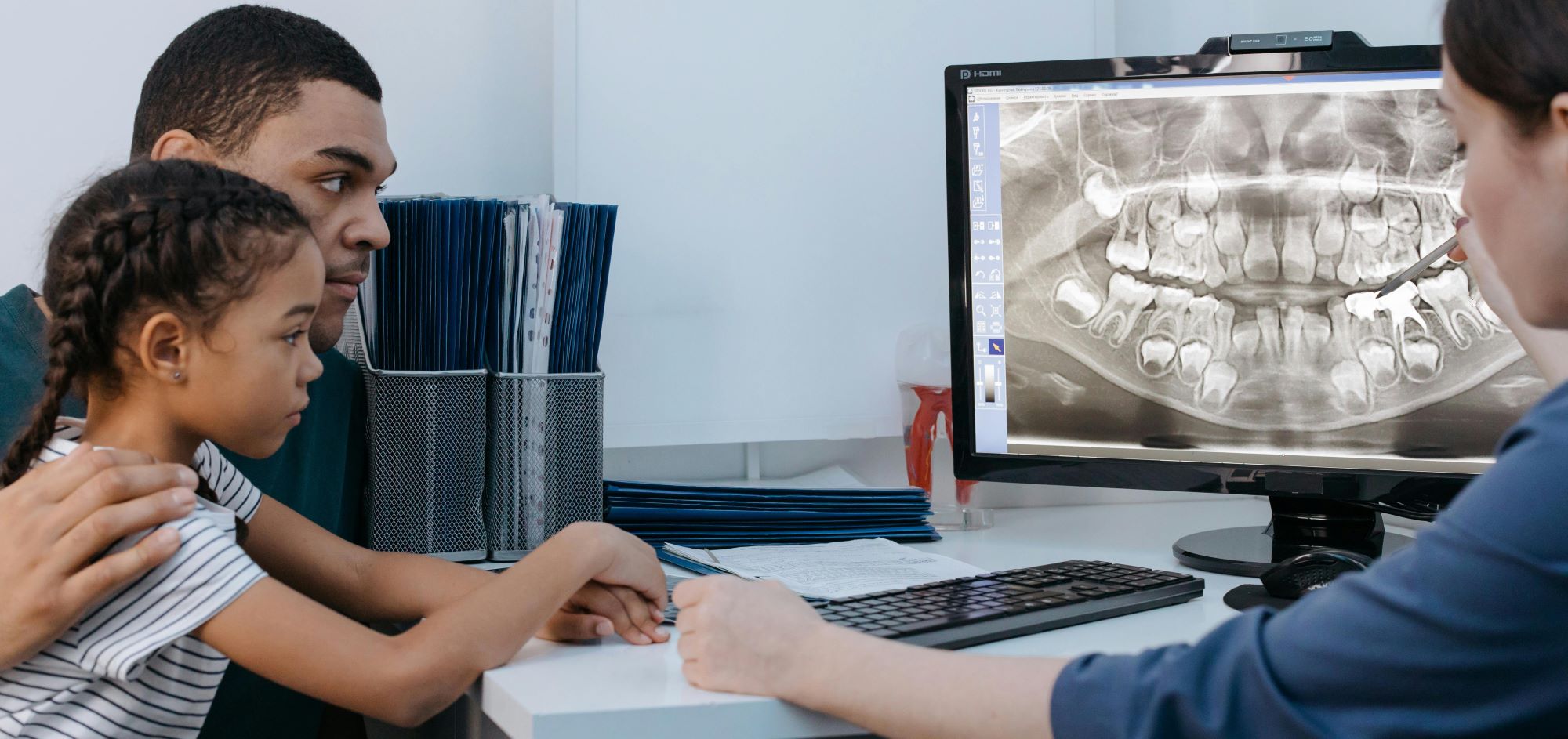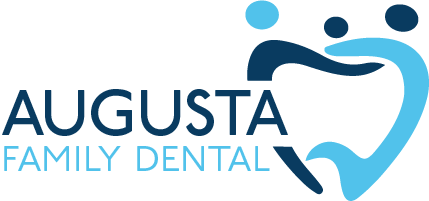
13 Jan Children’s Dental Health: Common Myths
Dental health is essential for children, yet many myths can lead to misunderstandings and poor habits. Let’s address five common misconceptions about children’s dental health.
Myth 1: Baby Teeth Aren’t Important
Many parents believe baby teeth don’t matter because they eventually fall out. This is far from the truth. Baby teeth, or primary teeth, are critical for chewing and proper speech development. These teeth act as placeholders for permanent teeth, ensuring they grow in the correct positions.
Neglecting baby teeth can result in cavities or infections that impact permanent teeth. Early loss of baby teeth can also cause misalignment issues, leading to the need for orthodontic treatment later. Moreover, untreated cavities in baby teeth can lead to pain and difficulty eating. By taking baby teeth seriously, parents can establish healthy oral habits early on, which benefits long-term dental health.
Myth 2: Children Don’t Need a Dentist Until All Their Teeth Are In
Another common myth is that kids don’t need to see a dentist until they have a full set of teeth. Children should visit the dentist by their first birthday or within six months of their first tooth appearing. This might seem early, but these initial visits are vital. Early dental visits allow dentists to monitor oral development, identify issues like tooth decay, and provide guidance on proper care. They also help children become familiar with the dental office, reducing fear or anxiety about future visits.
Delaying dental care can lead to unnoticed problems, like early cavities, that become more serious over time. Regular check-ups create a foundation for lifelong oral health and help parents understand how to care for their child’s teeth properly.
Myth 3: Cavities in Baby Teeth Don’t Matter
A misconception that cavities in baby teeth don’t matter because they’re temporary is harmful. Cavities, even in baby teeth, can cause significant issues. If left untreated, cavities can lead to infections, pain, and swelling, which can affect a child’s overall health and development. Baby teeth are essential for proper jaw development and maintaining space for permanent teeth. If a baby tooth is lost too early due to decay, it can cause the surrounding teeth to shift, leading to crowding or misalignment of adult teeth.
Cavity prevention in baby teeth is about more than just aesthetics; it’s about maintaining oral health. Parents should prioritize brushing, flossing, and regular dental check-ups to prevent cavities and related complications.
Myth 4: Fluoride Is Harmful to Children
Fluoride often gets a bad reputation, with some parents believing it’s harmful to children. However, fluoride is a natural mineral proven to strengthen tooth enamel and prevent cavities. Using fluoride toothpaste is safe and beneficial for children when used correctly. A pea-sized amount of fluoride toothpaste is recommended for children ages three and up, while a smear the size of a grain of rice is appropriate for younger kids. Parents should supervise brushing to ensure children don’t swallow excessive amounts of toothpaste.
Fluoride treatments provided by dentists offer added protection, especially for kids prone to cavities. The fear surrounding fluoride is largely unfounded and often based on misinformation. Trusting dental professionals ensures children receive the right amount for optimal oral health.
Myth 5: Children Shouldn’t Brush Until They Can Spit
Some parents hesitate to start brushing their child’s teeth early, fearing harm from swallowing toothpaste. This belief can delay the establishment of healthy brushing habits. Dentists recommend beginning oral care as soon as the first tooth appears, even if the child cannot spit yet. Using a tiny amount of fluoride toothpaste ensures safety, even if it’s accidentally swallowed. Early brushing not only keeps teeth clean but also helps children become accustomed to the routine of oral care. This early start makes transitioning to more independent brushing easier as they grow.
Parents should assist their children with brushing until age six or seven, ensuring proper technique and preventing plaque build-up. Starting early sets the stage for lifelong habits and better dental health outcomes.
Building Healthy Dental Habits
Dispelling these myths is the first step in ensuring better oral health for your child. Here are some additional tips to support their dental care journey:
- Brush Twice a Day – Teach your child to brush their teeth in the morning and before bed. Use a timer to make brushing fun and ensure they brush for two minutes.
- Floss Daily – Flossing is just as important as brushing, even for young children. Start flossing as soon as two teeth touch.
- Limit Sugary Snacks and Drinks – Sugary treats are a significant contributor to cavities. Encourage healthier options like fruits and vegetables.
- Model Good Behavior – Children learn by example, so practice good oral hygiene yourself. Brush and floss together to make it a shared activity.
- Visit the Dentist Regularly – Schedule dental check-ups every six months to monitor progress and address concerns early.
Conclusion
Understanding the truth about children’s dental health can prevent unnecessary complications and set your child up for a lifetime of healthy smiles. From the importance of baby teeth to the benefits of fluoride, addressing these myths is essential for making informed choices. Be proactive, follow expert recommendations, and don’t hesitate to consult your dentist if you have questions. Your child’s oral health is an investment in their overall well-being.
Augusta Family Dental knows how important children’s dental health is for parents who are looking for the best care for their kids. That’s why we offer excellent children’s dental health care at affordable prices, with an easy sign-up system. Schedule an appointment with us today!

About Our Team
Our team of dental experts has well over 30 years of combined experience in the field of dentistry. To learn more about them, please visit the team pages for Hephzibah, Washington Road, Summerville, and Medical District locations.

Sorry, the comment form is closed at this time.